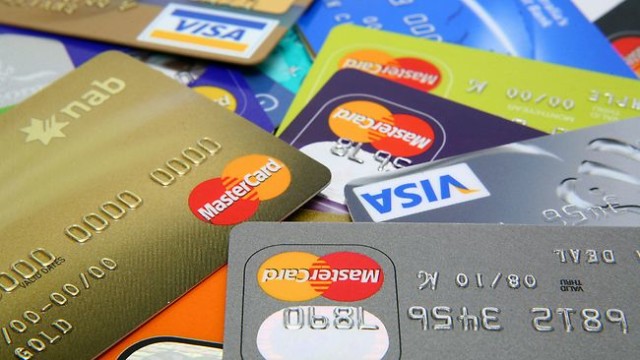The early 2000’s were the ‘boom years’ for the Credit Card industry. Virtually every bank was investing heavily in credit card departments, and there was a strong emphasis on sales. By the end of the decade, the chickens were coming home to roost. Unpaid credit card bills were rising, unused credit cards in the market were more than the number being used, and in many cases the value of the outstanding amount was less than the money needed to make the recovery.

The problem for Banks is that they have to strike a fine balance between taking a risk and making a return.
To understand this, think about how the industry works in India. Most cards have been sold on the premise of ‘lifetime free’. This means there is no annual maintenance fee, and the only way any money can be made from the user is in interest and late fees. However, most evolved credit card users either do not use them at all, or use corporate credit cards, which are always paid on time by their secretaries or payment departments.
That leaves them with the demographic that does yield them money – the youth. Typically young graduates on their first jobs, boys and girls with their first taste of real money, they lap up credit cards without even thinking much about the implications. For them it is often seen as a perk of a new life, an access code to an improved lifestyle.
In doing so, perhaps they forget what a credit card really is. As I have covered elsewhere on this site, a credit card is like a short-term personal loan account. For the first month, it is an interest-free loan – and after that, it is a loan at an exorbitant rate of 25-30% per annum, the highest among all regulated lenders.
It is easy to forget because though that first job gets them real money, the youngsters seem to forget the ephemeral nature of it. As earning members of the family, they have responsibilities too. Bills to pay, weddings to plan for, a future to secure. Their real savings are not much, their real ‘spending money’ rather less than what they had perhaps hoped for. And temptations abound – the latest mobile phone that you can flaunt, the designer clothes that you only used to see in magazine catalogues, eating out at fancy restaurants now that you don’t have to stick to vada-pao, or even indulging in consumption of cigarettes and alcohol.
The Credit Card seems to offer an easy way to pay for these things. A credit limit that adds to your balance, no need to carry actual cash – or see it either. The ‘minimum payable amount’ is fairly low, and paying that from month to month seems easy enough, making you feel you are solvent.
But the balance accumulates, as balances do, and the interest adds up, until you find you owe more than what you spent in the first place. It serves as a reality check when you find you can no longer afford to pay even the minimum due.
What follows? Calls from the collection agency, personal meetings with the bank’s collections team and legal notices. Stress, a damaged credit report, low credit score and above all, a damaged psyche.
When I was working in the banking sector, I had the opportunity to interact with people who had been exposed to the dark underbelly of the retail banking – the collections department. Credit Card debt was the most frequent form of default, and ultimately, it seems, the outstanding debt does get settled, by taking a part of what is owed. But the other stories – those of unreasonable compromises that unscrupulous collections agent were capable of demanding, and obtaining from youngsters saddled with enormous credit card debt – were absolutely depressing.
The fact is, credit cards are nothing but a honeytrap – a sweet poison, tempting you into spending more than you have. Discipline is of essence for intelligently using a credit card – discipline that is often sorely lacking amongst the youth (and often among the older generation as well).
For the youth of this country, the best option would be to avoid using these tempting pieces of plastic if they want to avoid falling into the vicious cycle of consumer-spending that has gripped so much of the world.































